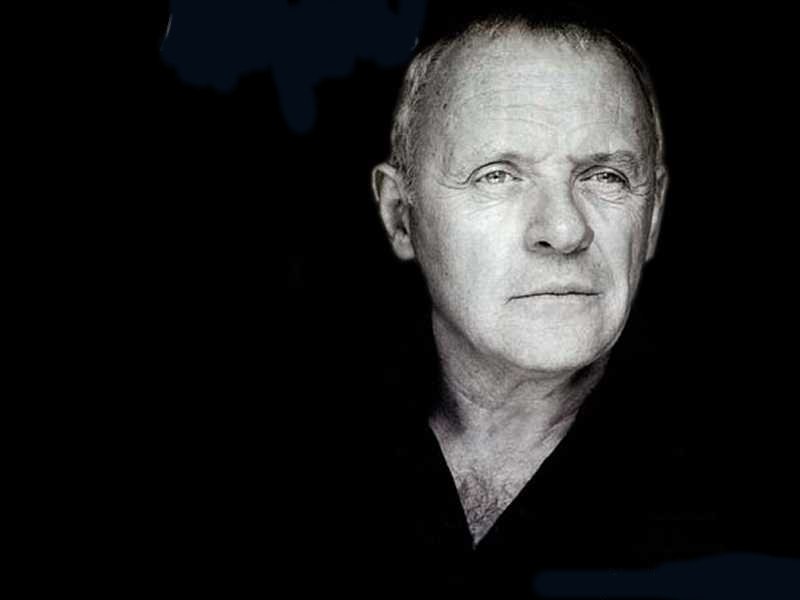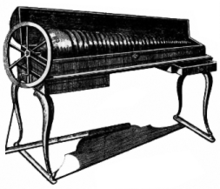Robin McLaurin Williams (July 21, 1951 – August 11, 2014) was an American actor, comedian, film producer, and screenwriter. Starting as a stand-up comedian in San Francisco and Los Angeles in the mid 1970s, he is credited with leading San Francisco's comedy renaissance. After rising to fame as Mork in the TV series Mork & Mindy (1978–82), Williams went on to establish a career in both stand-up comedy and feature film acting.
His film career included acclaimed work such as Popeye (1980), The World According to Garp (1982), Good Morning, Vietnam (1987), Dead Poets Society (1989), Awakenings (1990), The Fisher King (1991), and Good Will Hunting (1997), as well as financial successes such as Hook (1991), Aladdin (1992), Mrs. Doubtfire (1993), Jumanji (1995), The Birdcage (1996), Night at the Museum (2006), and Happy Feet (2006). He appeared in the music video for Bobby McFerrin's song "Don't Worry, Be Happy".
Williams was nominated for the Academy Award for Best Actor three times and won the Academy Award for Best Supporting Actor for his performance as therapist Dr. Sean Maguire in Good Will Hunting. He received two Emmy Awards, four Golden Globe Awards, two Screen Actors Guild Awards, and five Grammy Awards.
He moved to Los Angeles and continued doing stand-up shows at various clubs, including the Comedy Club, in 1977, where TV producer George Schlatter saw him. Schlatter, realizing that Williams would become an important force in show business, asked him to appear on a revival of his Laugh-In show. The show aired in late 1977 and became his debut TV appearance. Williams also performed a show at the LA Improv that same year for Home Box Office. While the Laugh-In revival failed, it led Williams into a career in television, during which period he continued doing stand-up at comedy clubs, such as the Roxy, to help him keep his improvisational skills sharp.
Williams died on the morning of August 11, 2014, at his home in Paradise Cay, California. In the initial report released on August 12, the Marin County Sheriff's Office deputy coroner stated Williams had hanged himself with a belt and died from asphyxiation. His body was cremated and his ashes scattered in San Francisco Bay on August 12.
His film career included acclaimed work such as Popeye (1980), The World According to Garp (1982), Good Morning, Vietnam (1987), Dead Poets Society (1989), Awakenings (1990), The Fisher King (1991), and Good Will Hunting (1997), as well as financial successes such as Hook (1991), Aladdin (1992), Mrs. Doubtfire (1993), Jumanji (1995), The Birdcage (1996), Night at the Museum (2006), and Happy Feet (2006). He appeared in the music video for Bobby McFerrin's song "Don't Worry, Be Happy".
Williams was nominated for the Academy Award for Best Actor three times and won the Academy Award for Best Supporting Actor for his performance as therapist Dr. Sean Maguire in Good Will Hunting. He received two Emmy Awards, four Golden Globe Awards, two Screen Actors Guild Awards, and five Grammy Awards.
Stand-up comedy
After his family moved to Marin County, Williams began his career doing stand-up comedy shows in the San Francisco Bay Area in the early 1970s. His first performance took place at the comedy club, Holy City Zoo, in San Francisco, where he worked his way up from tending bar to getting on stage. In the 1960s, San Francisco was a center for a rock music renaissance, hippies, drugs, and a sexual revolution, and in the 1970s, Williams helped lead its "comedy renaissance," writes critic Gerald Nachman. Williams says he found out about "drugs and happiness" during that period, adding that he saw "the best brains of my time turned to mud."He moved to Los Angeles and continued doing stand-up shows at various clubs, including the Comedy Club, in 1977, where TV producer George Schlatter saw him. Schlatter, realizing that Williams would become an important force in show business, asked him to appear on a revival of his Laugh-In show. The show aired in late 1977 and became his debut TV appearance. Williams also performed a show at the LA Improv that same year for Home Box Office. While the Laugh-In revival failed, it led Williams into a career in television, during which period he continued doing stand-up at comedy clubs, such as the Roxy, to help him keep his improvisational skills sharp.
Williams died on the morning of August 11, 2014, at his home in Paradise Cay, California. In the initial report released on August 12, the Marin County Sheriff's Office deputy coroner stated Williams had hanged himself with a belt and died from asphyxiation. His body was cremated and his ashes scattered in San Francisco Bay on August 12.





















